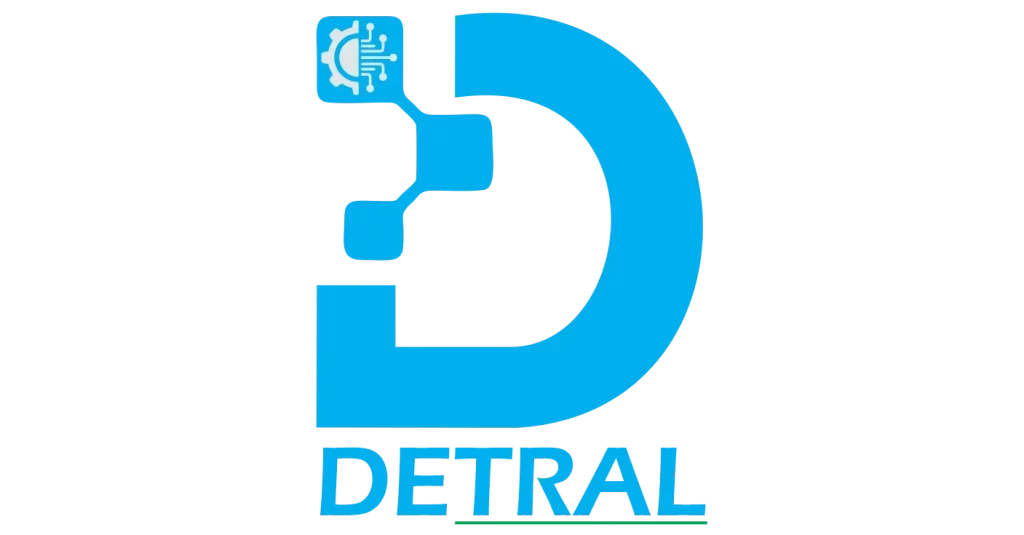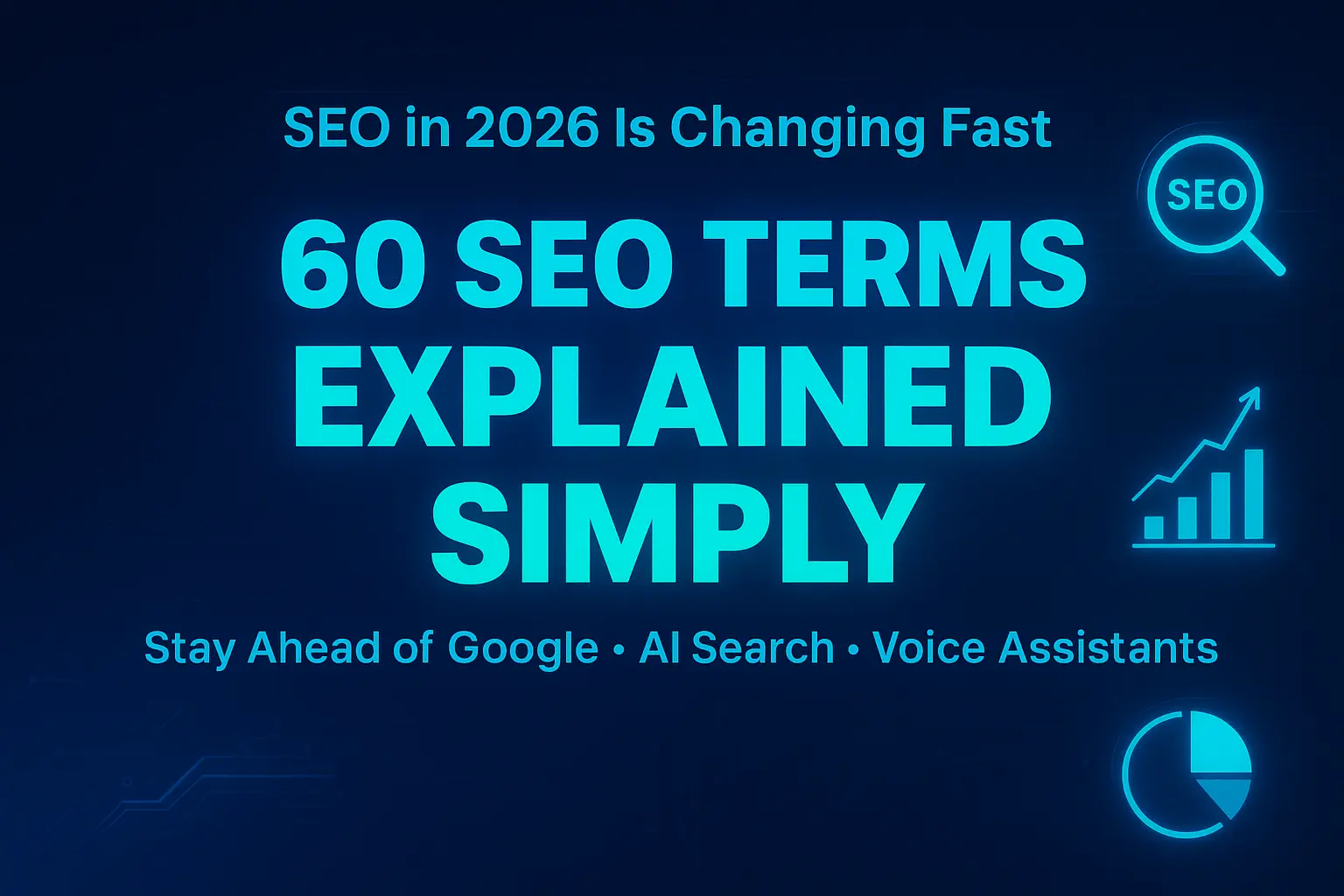Table of Contents
ToggleIntroduction:
Google, the leading search engine, has recently updated its structured data guidelines to clarify the supported formats for structured data. This update significantly impacts the search engine optimization (SEO) strategies of websites. This blog will discuss the recent Google Updates Structured Data and its implications for SEO services.
What is Structured Data?
Structured data is a standard way of annotating web content to make it easier for search engines to understand. It provides information about the page’s content, such as the type of entity being described (e.g. a person, place, or product), the properties of that entity (e.g. name, address, or price), and relationships between entities (e.g. a person works for a company).
Google supports three formats for structured data:
JSON-LD, Microdata, and RDFa. Each of these formats has its syntax and advantages, but they all serve the same purpose: to make it easier for search engines to understand the content of a web page.
JSON-LD (JavaScript Object Notation for Linked Data):
JSON-LD is a format for structuring data that uses the syntax of JavaScript. It is easy to use and can be placed anywhere on a web page as long as adequately formatted. JSON-LD is particularly useful for marking up structured data that can’t be placed within the HTML of a page, such as scripts, style sheets, and external files.
Microdata:
Microdata is a format for annotating web content that uses HTML attributes to define the properties of an entity. It is beneficial for marking up simple information, such as the name and address of a business. Microdata is a good choice if you have primary structured data that you want to display on your page.
RDFa (Resource Description Framework in Attributes):
RDFa is a format for annotating web content that uses HTML attributes to define the properties of an entity. It is similar to Microdata, but it is more flexible and powerful. RDFa is a good choice for structured data and relationships.
Google Updates on Structured Data:
Google has updated its guidelines for structured data formats. The update includes the following changes:
- JSON-LD is now the recommended format for structured data: Google recommends using JSON-LD for structured data because it is easier to understand and use. JSON-LD is also the format that Google uses to extract information from a web page, so using this format ensures that your structured data will be compatible with Google’s algorithms.
- Microdata and RDFa are still supported, but with some limitations: Google still supports Microdata and RDFa. Still, these formats are considered “legacy” and may not be kept in the future. Google also notes that some features, such as rich snippets, may not be available for these formats.
- New guidelines for structured data: Google has updated its policies for structured data to provide more information on the supported formats and how they can be used. The updated guidelines include information on using structured data to mark up content such as events, products, and organizations.
Impact of Google Updates on Search Engine Optimization Services:
The recent updates from Google on structured data will significantly affect search engine optimization services. SEO services must adjust their strategies to ensure websites use the correct format for structured data and follow Google guidelines.
Here are some of the ways that Google updates on structured data will impact SEO services:
- Emphasis on JSON-LD: SEO services must prioritize using JSON-LD for structured data to ensure that their client’s websites are compatible with Google’s algorithms. This may involve converting existing Microdata or RDFa structured data to JSON-LD.
- Rich Snippets: Google’s support for rich snippets may be limited for Microdata and RDFa, so SEO services must consider this when deciding which format to use. JSON-LD is the recommended format for rich snippets, so SEO services may need to adjust their strategies accordingly.
- Updated Guidelines: SEO services must be aware of the updated guidelines from Google on structured data and ensure that their client’s websites comply. This may involve reviewing existing structured data and making changes to ensure it follows the updated guidelines.
How to Ensure Compliance with the Google Update on Structured Data:
To ensure compliance with the recent Google update on structured data, several steps can be taken:
- Use the Right Format and Encoding: Websites need to use the correct format and encoding for structured data to avoid being penalized by Google. The Google update provides information on the supported properties, types, and encoding formats for structured data, so familiarize yourself with these guidelines.
- Test Your Structured Data: Once you have updated your structured data, it’s essential to test it to ensure it is correct. Google provides a Structured Data Testing Tool that you can use to test your structured data. The tool will provide feedback on errors or warnings in your structured data.
- Monitor Your Structured Data: Regularly monitoring your structured data is crucial to ensure that it complies with the Google update. Monitoring can be done using tools such as Google Search Console or a third-party tool.
- Seek Professional Help: If you need to become more familiar with structured data or are unsure about how to comply with the Google update, it’s recommended to seek professional help. A digital marketing agency that provides Search Engine Optimization Services can help ensure that your website complies with the Google update on structured data.
When you choose Detral for your SEO services, you can expect the following:
Professional and Experienced Team: Our team of experts has extensive experience in providing SEO services and is well-versed in the latest updates and trends in the industry.
Customized SEO Strategies: We understand that every client is unique and has specific digital marketing goals. That’s why we provide customized SEO strategies tailored to meet the needs of each client.
Regular Monitoring and Reporting: We believe in transparency and keeping our clients informed. That’s why we provide regular monitoring and reporting on the progress of your SEO campaign.
Affordable and Effective Services: At Detral, we believe in providing affordable and effective SEO services. We strive to deliver the best results for our clients without breaking the bank.
Conclusion:
Google’s updates on structured data will have a significant impact on search engine optimization services. SEO services must adjust their strategies to ensure websites use the correct format for structured data and follow Google guidelines. Websites should be more easily understood by search engines to rank higher in search results.
Contact us today to learn more about our Search Engine Optimization Services and how we can help you achieve your digital marketing goals.








